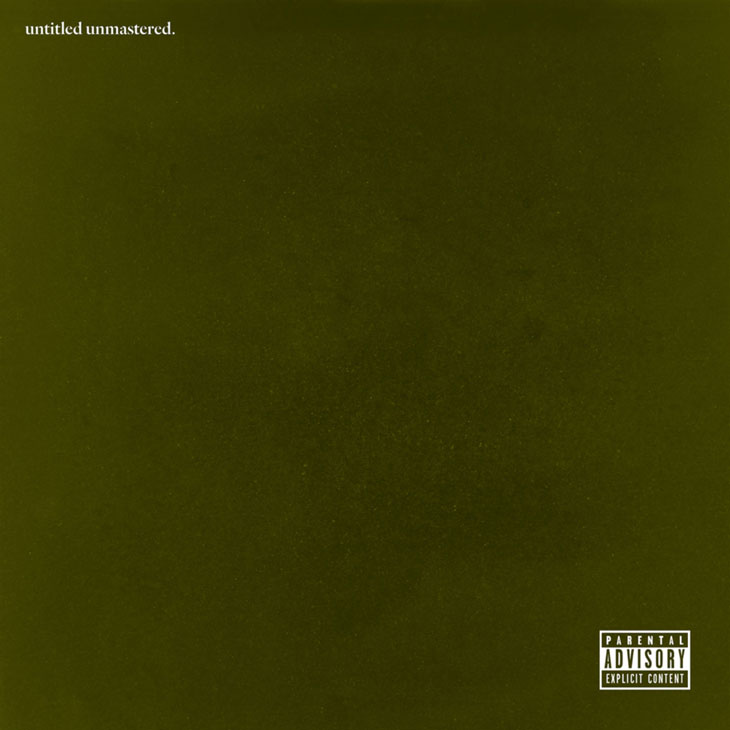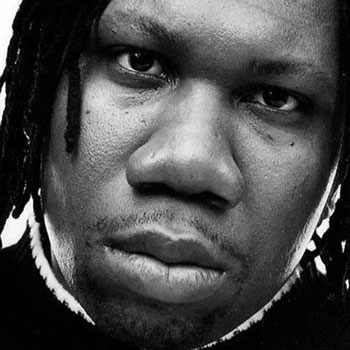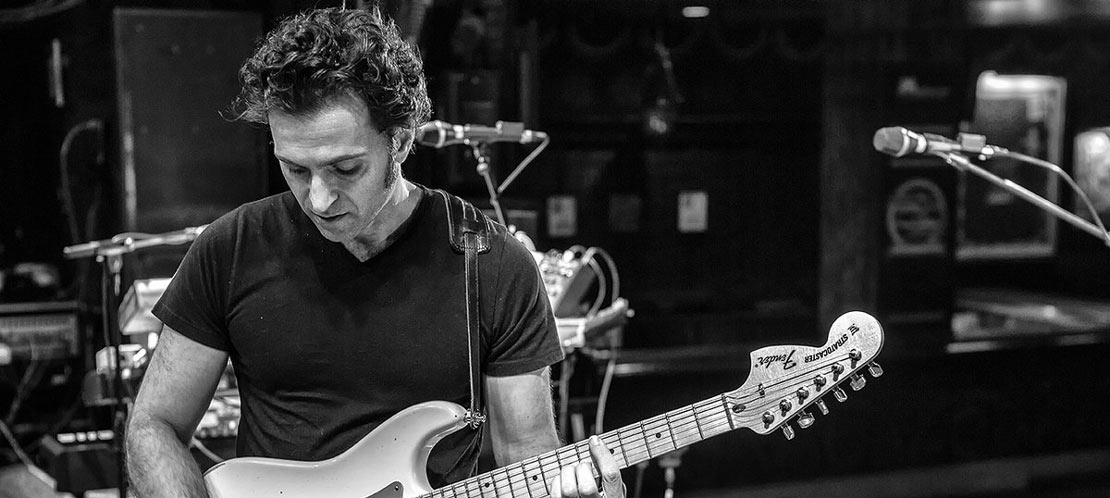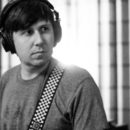Kendrick Lamar – untitled unmastered
This is what emptiness sounds like.
Kendrick Lamar’s previous album, To Pimp a Butterfly (TPAB) is defined by centrality: a strong adherence to structure, both musically, and as an album. There are narrative and musical threads, and the personality of Kendrick Lamar, in all his complexity, drives the album as a central character and enormous creative force. The effect is solidity, presence, and cohesion, and allows for unparalleled ambition with an ability to execute it—the ultimate yin.
untitled unmastered, by contrast, is a record defined by absence and void: there is no structural or tonal center for most of the tracks, nor are there even song titles; the music, a mix of live jazz and ambient beats meanders and strays, without consideration for narrative, cohesion, or structure. It is ballsy and on point, which I appreciate more than enjoy.
The fact that this album lives in negative space, like the margins on a page or silence between songs, is paradoxical and often disconcerting. The vibe is that of an empty studio late at night, as if from a German Expressionist film from the 1920s, where the angles are harsh and unreal, while a psycho prowls the night. The lights feel too bright, and time seems to be frozen in shadow: Over everything, stillness.
The vibe is that of an empty studio late at night, as if from a German Expressionist film from the 1920s, where the angles are harsh and unreal, while a psycho prowls the night.
That clearly intentional discomfort and disorganization is also felt in the production and gnaws with a lack of resolution or closure. More importantly, untitled unmastered feels heavily driven by the musicians who influence it. The references to—and voices of—artists such as Albert Ayler, Eric Dolphy, Kamasi Washington, Flying Lotus, Parliament/Funkadelic, DJ Shadow, and other jazz, funk and soul artists feel far more important to the sound than Lamar’s own voice.
This extends to Lamar’s actual presence on the album. He is a ghost, a presence, more than a force. Though this is his album, undoubtedly, the number of verses he has are surprisingly few. Instead, we have more emphasis on the band surrounding him, such as the always wonderful Thundercat on bass, or vocalists like CeeLo Green and Bilal. Kendrick Lamar is off to the side, leading from behind. In this vacuum—still very much under his direction—the band explores harsh, diminished, or otherwise musically uncomfortable territory. This extreme sensibility lends itself to a perfect inversion of TPAB.
While this is incredibly impressive, from a structural standpoint, it creates an incredibly steep curve for genuine enjoyment. The first few listens, though rewarding, alienated me deeply. This is as much due to the theme of emptiness as the actual sounds on the record. Furthermore, since this is a record of rejected songs—much like Amnesiac by Radiohead, or 4 ½ by Steven Wilson—it has a hard time standing on its own as a musical unit, and that diminishes the whole more than it should.
But damn, if I’m not impressed.
Until I just Wanna,
8,350 out of 10,000 Rawckus Kung Fu Throwing Stars












